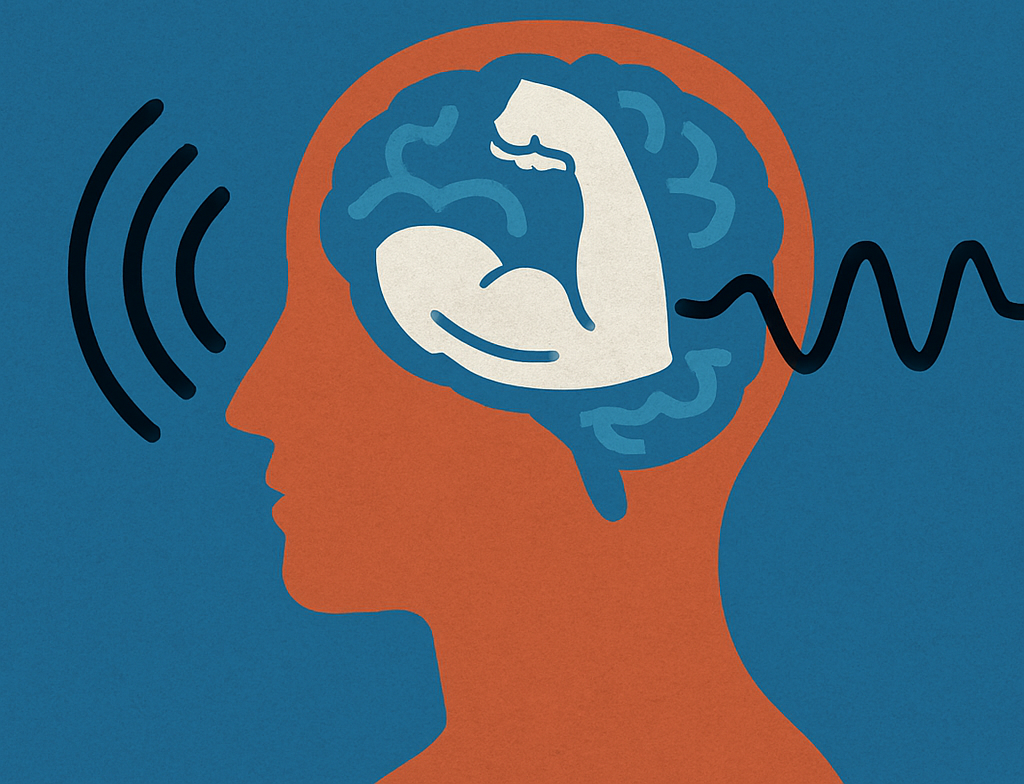
This is going to be a 5 part series on the different personality perspectives. Here are them if any of you want to pre-research before the post comes out: Humanistic, Social-Cognitive, Trait, Psychoanalytical, and Biological. Let’s start with Humanistic.
What makes you you? The humanistic theory of personality suggests that people are driven by a deep desire for personal growth and self-actualization. What is self-actualization, you ask? Self-actualization is the need to or realization of fulfilling one’s potential i.e reaching one’s full potential. There is another concept under this called self-transcendence. It is the idea of going beyond one’s self actualization and contributing to the well-being of others and the larger community. The general idea of humanism is that it sees people as inherently good, capable of change, and motivated to reach their full potential.The two important psychologists you need to know for forming this perspective is Abraham Maslow and Carl Rogers.
Now, everything I talked about is summarized by Maslow’s Hierarchy of Needs, which outlines the stages of human motivation—from basic survival needs to self-fulfillment. It’s usually depicted as a pyramid. At the bottom is the Physiological Needs: air, water, food, etc. Just on top of that is Safety Needs: employment, health, wealth, etc. Sandwiched in the middle is Love and Belonging: friendships, love, family, community, etc. The second to the top is Esteem: respect, status, recognition (fame to some extent), etc. Right at the top is self-actualization and self-transcendence. Now, self-transcendence is sometimes seen as a tier above self-actualization, but it can be put along with it too. If you notice the things I mentioned above, they all indicated happiness, security, and acceptance. That is what Carl Rogers argued. He emphasized the importance of unconditional positive regard, arguing that people thrive when they feel accepted and valued, rather than judged.
The beauty of humanistic psychology is its optimism (unlike some we’re going to see later). It reminds us that we’re not just shaped by our past or external circumstances—we have control over our future. This theory underpins modern ideas in positive psychology, therapy, and even leadership training. It’s a reminder that growth is always possible, and every challenge is an opportunity to become a better version of ourselves.
RELATED POSTS
View all

